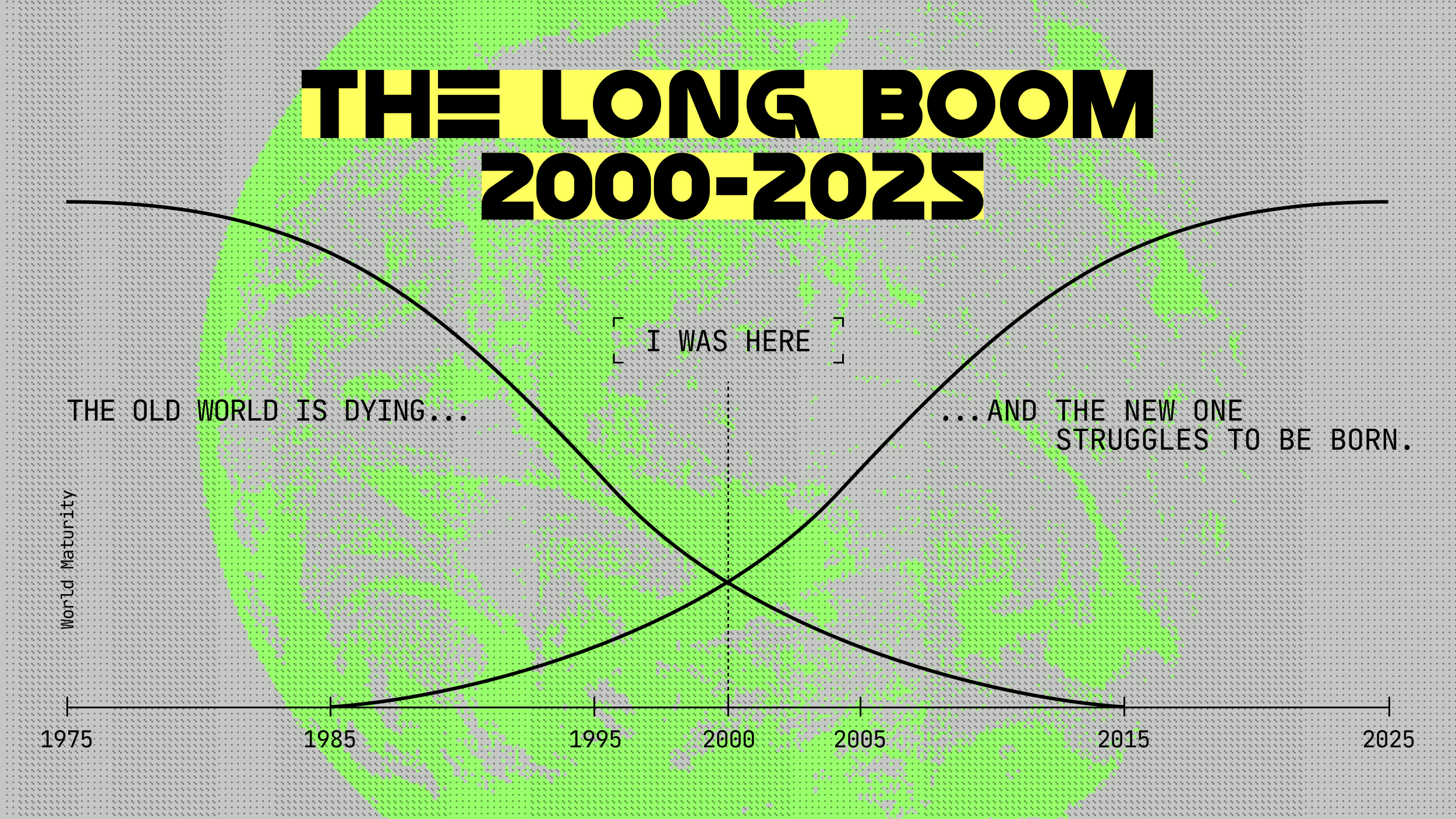Stephan Jenkins charts his course from school to the stage.
Question: What made you decide to go into music?
Jenkins: I became a musician because I couldn’t do anything else, because, like, I think, all musicians making music was the way that I make sense with the world.
Question: How do you write songs?
Jenkins: I have no description for my creative process. I have no idea how it works except to just try and be available and vulnerable to what’s happening with me and life and just kind of… it has more to do just sort of relaxing into it than anything else. And also I think a creative process happens when you’re not in a state of judgment about yourself. You’re in this kind of like, you’re not editing, you’re just kind of expressing without any kind of recrimination, which is kind of hard to do since most artists are engaged in quite a bit of self-hate, myself included.
Question: How did your education affect you as a musician?
Jenkins: I had a lot of ups and downs in my whole pedagogy. I have some learning impediments. I have ADD and I have dyslexia and that made it very hard for me to function in an institution of school, so I failed the 1st grade but I also managed to go to Cal, Berkeley and I studied English there and I think there, I learned two things from studying literature. One was I learned how to pay attention to what I was thinking, to what was happening in my own mind. And I also learn how to edit, to say this is the cookie cutter of my thoughts, these are the things that fit in and these are the things that don’t. I think a lot of my education happened in the music business itself. We’re now in a new music business, the old style, the major label records is in the process of ending. It’s not over yet and certainly they are still relevant but they are changing into something else. If they weren’t changing, a group like Big Think would not be doing an interview with me, we would… there wouldn’t be anything to talk about. So what we’re talking about is the change. I think my education, say, as a student is just about sort of being collegial with people and learning senses of balance, but I probably learned that as much in… in the process of having a band with a record deal and dealing with marketers and radio promotions people and publicists, etc.





